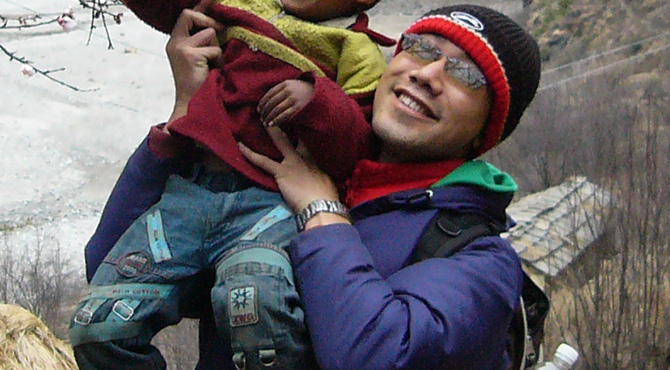About
Han-Teng Liao is a student of various disciplines whose research aims to reconsider the role of keywords (as in understanding “keyword advertising” using knowledge from sociolinguistics and information science) and hyperlinks (webometrics) in shaping the sense of “fellow users” in digital networked environments. He holds an MSc in Computer Science and Information Engineering, an MA in Journalism, a BSc in Electrical Engineering and a BA in Foreign Languages and Literatures, all from the National Taiwan University.
Specifically, his DPhil project was a comparative study of two major user-contributed Chinese encyclopedias, Chinese Wikipedia and Baidu Baike. Based on data of various sources (webometric data, public discourses, field observations and interviews), he expects that Chinese Wikipedia, as the local embodiment of the larger global Wikipedia movement, has the potential to integrate knowledge from previously segregated linguistic, political and cultural spheres among regions such as Mainland China, Hong Kong, Taiwan and Singapore. More so than Baidu Baike which, as a follow-on and competing project launched by China’s leading search engine company, in effect reinforces Beijing’s official boundary between filtered and unfiltered Internet.
Research Agenda
Using the empirical findings of the comparative case study of Chinese Wikipedia and Baidu Baike, Han-Teng has developed a conceptual framework that is not confined to the Chinese-language Internet, but rather a set of conceptual and methodological tools to understand the formation and interconnection of online language areas: Both human- and computer-based efforts shape the way people exchange, explore and prioritise their voices. As a result, digitised linguistic and geographic materials become the necessary conditions for the way in which online language areas (or Net Sprachraum) are made and interconnected.
This concept of online language areas fills the gap, and resolves some tensions, between the concept of “networked individualism” and “nationalised cyberspace”, pointing to some of the significant recent Internet development, including Chinese-speaking and Arabic-speaking Internets, as online language areas that play central roles in realising and shaping the way how the Internet is truly inter-connected, both within and across, languages and regions.
Research Interests
Net linguistics, Chinese-written Internet, Internet governance, political communication, Internet filtering.



